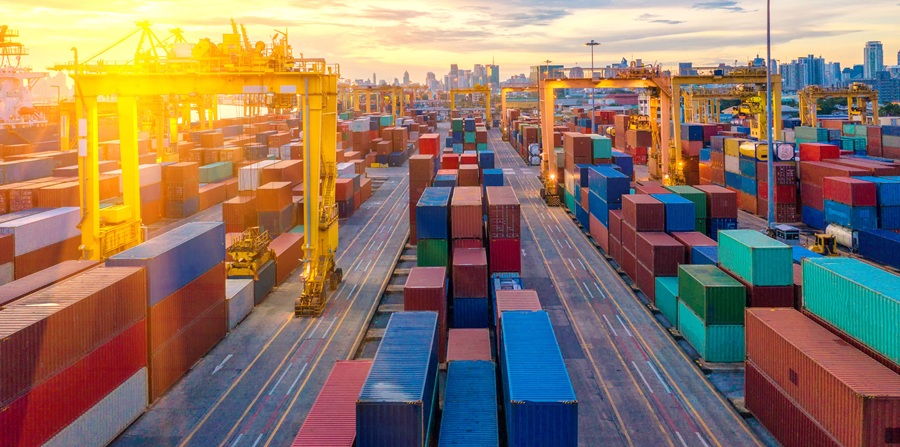Italian exports to the United States could fall by up to €16.5 billion in the medium term as a result of new import duties introduced by US President Donald Trump’s administration, industry group Confindustria warned on Monday.
The tariffs, affecting key manufacturing and consumer goods, could reduce Italian exports by 2.7% overall and lead to a 3.8% drop in manufacturing exports compared to a non-tariff scenario.
According to Confindustria, the hardest-hit sectors will include motor vehicles, food and beverages, machinery, and leather and footwear. The group also warned that the indirect effects of lower exports from other EU countries to the US would weaken demand for Italian-made components and inputs.
In the long term, the report added, the new trade environment could push some Italian companies to relocate production to the US, threatening Europe’s industrial “productive fabric.”
Beautiful and Well-Made
Despite these risks, Italy’s quality manufacturing remains a key driver of growth. Confindustria’s 13th “Beautiful and Well Made” (BBF) report, presented at São Paulo Fashion Week, valued Italy’s premium exports—products that combine craftsmanship, design, and innovation—at over €170 billion.
The study, conducted with SACE and several Confindustria associations, identifies €27.6 billion in untapped export potential, with €19.4 billion in mature markets such as the US, Germany, and the UK, and €8.2 billion in emerging markets including China and the UAE.
Confindustria also highlighted Latin America as the next major growth region for Italian exports, noting that shipments of BBF goods to the area grew by 10% annually between 2018 and 2024. The EU-Mercosur Agreement, approved by the European Commission in 2024, is expected to eliminate €4 billion in tariffs, protect 57 Italian geographical indications, and unlock over €1.1 billion in new export opportunities.
Barbara Cimmino, Confindustria’s Vice President for Export and Investment Attraction, stressed the importance of openness in global trade. “Strengthening Made in Italy products requires a strategy of opening up, not closing, trade,” she said. “The agreement with Mercosur is a test of Europe’s ability to act as a global economic powerhouse.”
Confindustria’s report concluded by urging continued protection of Made in Italy products against counterfeiting and imitation, alongside a sustainable industrial transition that leverages digital innovation and international partnerships to secure Italy’s global trade position.





